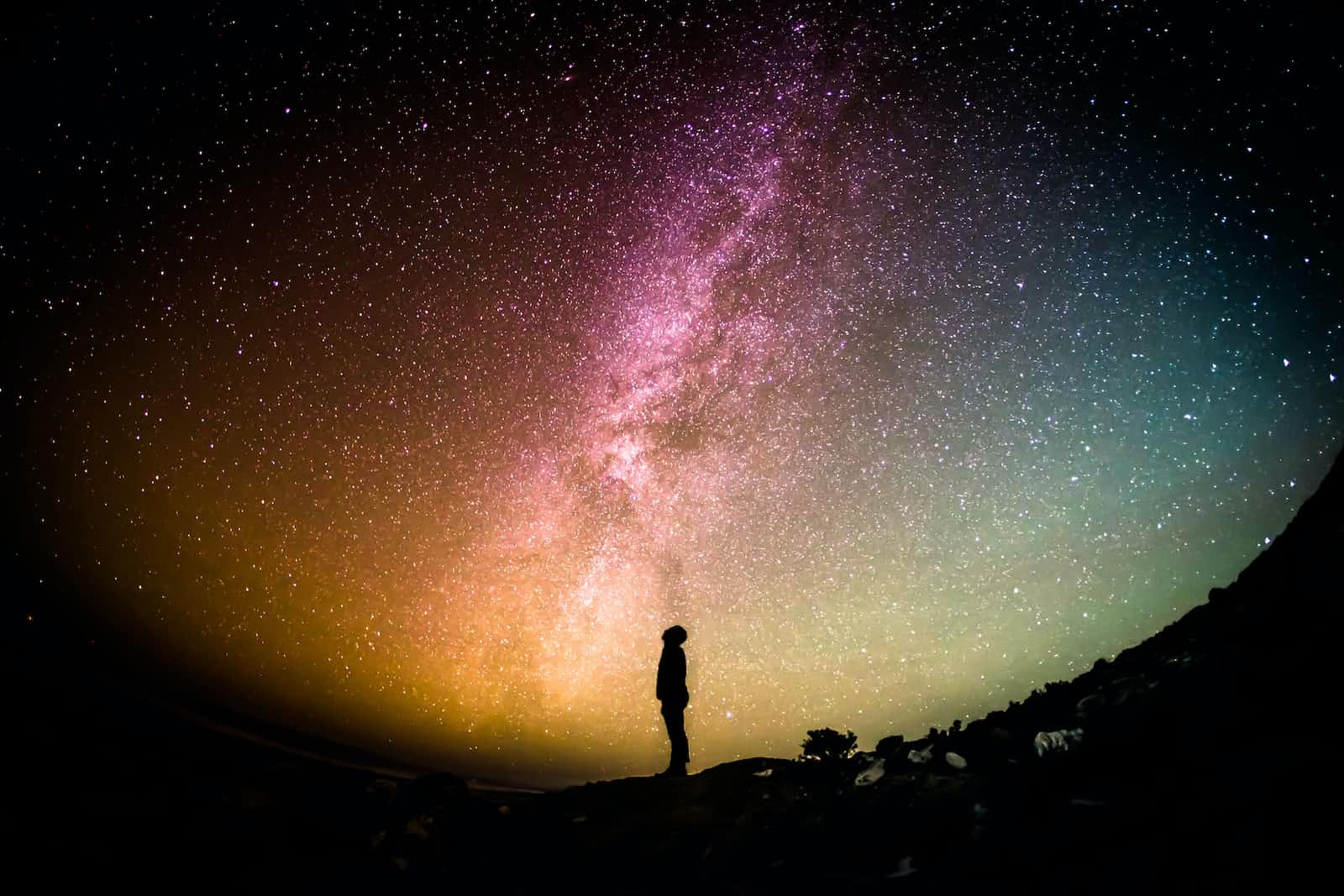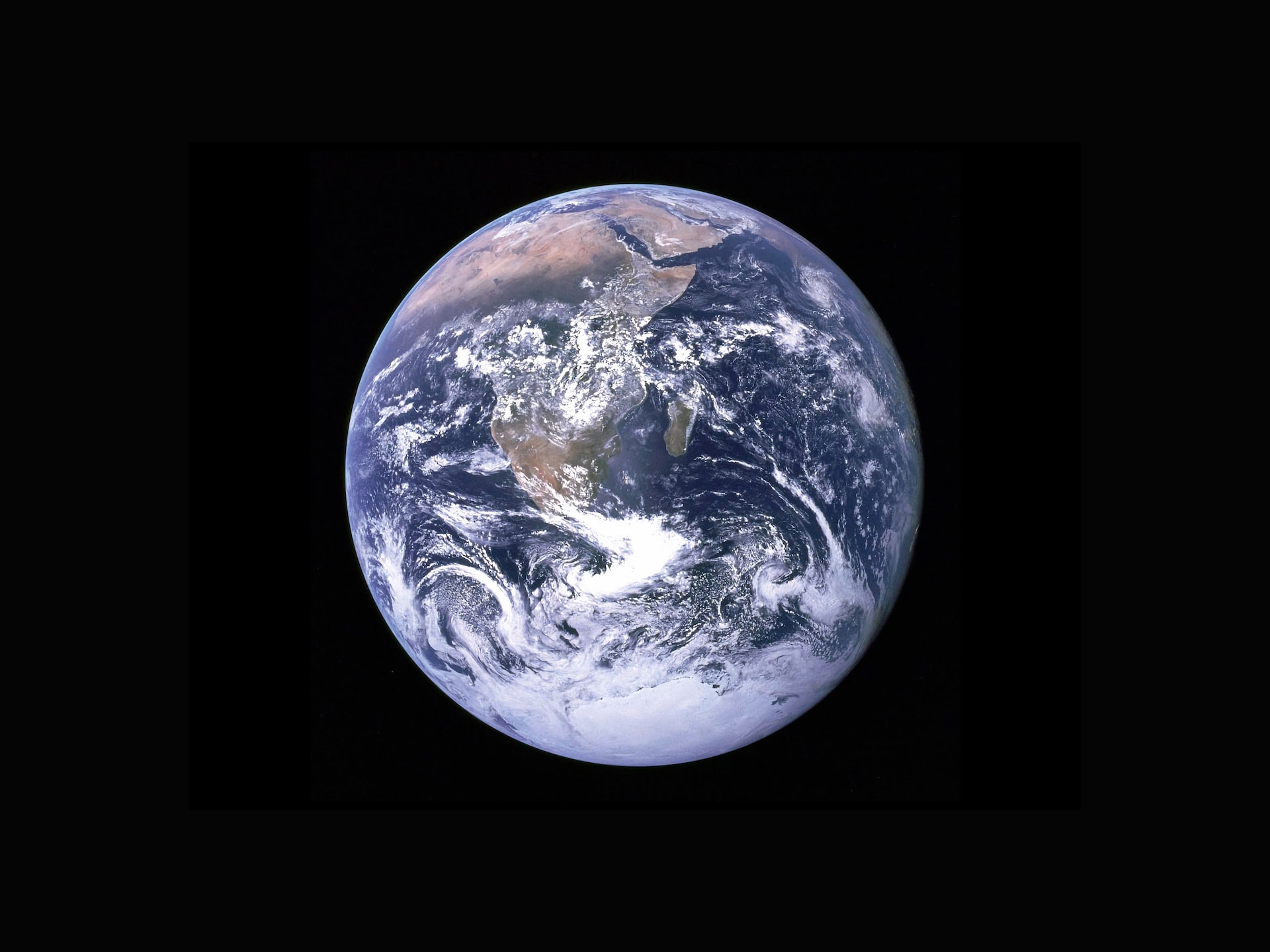Are we alone?
 Michele Riva
Michele Riva
Before I start expressing my feelings and reasonings, I want to put a disclaimer in this article: I am not a scientist, I am not telling anything new, and I don’t want to convince anybody. If you find an inaccuracy, please report it and help me make this article better.
“Two possibilities exist: either we are alone in the Universe, or we are not. Both are equally terrifying.” - Arthur C. Clarke
Are we alone?
This is an age-old question. Not-so-ancient, to be fair, but not new too.
Wondering if we’re the only living beings in the universe puts us into many dilemmas, paradoxes, and lack of knowledge.
Despite common beliefs, ancient civilities, such as the Greeks, knew that the Earth wasn’t flat. Aristotle explained why the Earth was a sphere multiple times: if we travel from north to south, the constellations change. At some point, we wouldn’t even be able to recognize the sky we’d be admiring. And how is it possible that the Earth is rotating, the moon is rotating around us, but during a crescent moon, there’s always a circular-shaped shadow covering a part of it? Therefore, the Earth must be a sphere, the only geometrical shape to project a circular shadow regardless of its rotation. As simple as that.
Greeks were also great explorers and discovered that most of our planet is covered with seas and oceans. And here comes the question: is our land the only emerged land? If we could take a ship and circumnavigate the globe, would we discover new lands and new civilizations?
Are we alone in this world?
This question found an answer almost 1800 years later when Christopher Columbus tried to circumnavigate the globe for the first time in 1492.
With the birth of modern science, dated between 1593 (Copernican Revolution) and 1687 (Newton’s publications on the Law of Universal Gravitation), we started to believe we could scientifically answer another, more complex, and interesting question: are we alone in this universe?
Sadly for us, there’s no easy answer to that question. But we can try reasoning about it.
A time complexity
Let’s focus for a moment on the only universe we know, the one we live in.
Asking ourselves “are we alone?” is not enough, and the answer depends on when we ask that.
The observable universe radius is 46.508 billion light-years wide. So let’s pretend for a moment that we have a massive optical telescope, and we can observe an advanced civilization living 5 billion light-years away from us. What an excellent discovery!
But here comes the problem. The light we’re observing took 5 billion years to get to our eyes. Has the civilization resisted for all of this time? Are we watching an extinct civilization in its golden age?
That brings us to other questions.
Are we the only living beings living in this exact moment in the entire universe?
Are we the only living being ever to exist in the last 13.8 billion years (the age of the universe)?
The conditions for life to happen are extremely rare, but they might not be unique; the abiogenesis theory, for example, aims to demonstrate how life can arise from non-living matter. But what if we couldn’t discover evidence of life on other planets or galaxies for the simple fact that those civilizations are already extinct?
There might be several reasons why civilizations couldn’t leave any traces. Collisions with other planets, meteors, and black holes, the universe is doing whatever it can to prevent life from existing.
Even when the universe is not trying to destroy us, our intelligence could lead us to the irreversible end of our species.
We’re incredibly lucky and vulnerable.
The great filter
In 1950, Enrico Fermi pronounced a simple phrase that produced a paradox known as The Fermi Paradox. While discussing with fellow physicists Edward Teller, Herbert York, and Emil Konopinski about the possibility of extraterrestrial life existing, he said: “[…] but where is everybody?”.
This apparently simple question may have multiple answers.
- Life is so rare, and civilizations’ existence timespan is so short that it is almost statistically impossible for two of them to arise so close in space and time. Therefore, there are low chances for them to meet.
- Extraterrestrial life does not exist. We’re alone.
- Extraterrestrial life exists but is less advanced than ours, so they can’t contact us yet. We’re not developed enough too.
- Extraterrestrial life exists, it’s advanced, but we’re unaware of each other.
Concentrating on the last two hypotheses, we could think about the Great Filter theory.
Developed by Robin Hanson, it proposes a model to explain what prevents non-living matter from creating life (via abiogenesis, as previously seen) and evolving in time to develop through Kasdashev Scale.
The Kardashev Scale is relatively easy to understand. It divides civilizations into three categories:
- Planetary civilization (Type I): can use and store all the energy available on its planet.
- Stellar civilization (Type II): can use and control energy at the scale of its planetary system.
- Galactic civilization (Type III): can use and control the energy at the scale of its host galaxy.
To see that in perspective, humanity hasn’t yet reached stage one of this scale.
As far as we know, there’s no evidence for any civilization at any step of this scale.
While a far Type I civilization could potentially hide from us (its impact on a single planet wouldn’t be so noticeable if observed from far away), Type II and Type III civilizations are pretty difficult to ignore.
Even if Type III civilizations existed in the past, we should still be able to identify at least one sign of life, but we couldn’t find anything.
So, from what we know, there must be a sort of filter preventing living beings from reaching that grade of civilization. A catastrophic, natural event? Civilizations self-destruction?
This paves the ground for an observation: we could either be ahead or behind the great filter.
Every form of life, to evolve through the Kardashev Scale, should first develop at least through the following nine steps:
- Life arises on a suitable planet
- Reproductive molecules (DNA, RNA)
- Simple single-cell life (prokaryotic)
- Complex single-cell life (eukaryotic)
- Sexual reproduction
- Multi-cell life
- Tool-using animals developing their intelligence
- Civilization as we know it (we are here)
- Interstellar colonization
If any civilization ever reached level 9, we would have noticed it. So we can assume no one ever got there yet.
But here’s the drama.
Imagine discovering a new form of life on another planet at stages 4, 5, or anywhere before stage 8.
While we would have evidence for extraterrestrial life to exist, this would force us to face our doom.
The great filter is ahead of us.
Chances for life to develop through those nine steps are meager. As far as we know, no one ever reached level 9, and we’re the only known living beings who reached level 8.
It might be possible that reaching high levels requires so much time that a catastrophic event could statistically occur and prevent any living being from evolving further.
Meteors and collapsing stars are the first elements to pop up into our minds when we think of extinction.
But our intelligence can be our doom too.
What if there were civilizations that reached level 8 but poisoned their planet and couldn’t escape? What if they destroyed their world with nuclear weapons?
What if high intelligence is preventing civilizations from reaching the 9th level?
Is intelligence an evolutionary disadvantage?
What if level 9 is not reachable at all?
The answer
There’s not an easy answer to this age-old question.
We only discussed a brief vision of our universe while infinite universes might arise every single moment. Then, an extraordinarily vast number of big bangs creating new galaxies, solar systems, and planets, ready to host life.
I want to believe that in a certain period, other civilizations could have lived in any of those universes, feeling lucky and grateful for their experience, which is so rare that it’s almost unique.
One thing is for sure: from what we know and observe, we’re the only known civilization that developed enough to aim at the stars, literally.
We’re so small, and we achieved so much. Even though we will eventually be able to escape from planet Earth, this is our home. This is where something rare and precious happened almost 4 billion years ago: life.
While it might be completely insignificant when observing vast constellations and galaxies, we should have the responsibility to take care of this tiny, blue, safe planet. Whenever we can leave and explore far solar systems, we will never forget where we belong.
We will always want to know that there’s a healthy, precious, safe place we can call our home.
 (Picture by NASA on Unsplash)
(Picture by NASA on Unsplash)
Subscribe to my newsletter
Read articles from Michele Riva directly inside your inbox. Subscribe to the newsletter, and don't miss out.
Written by

Michele Riva
Michele Riva
Co-founder & CTO @OramaSearch. Google Developer Expert, Microsoft MVP.